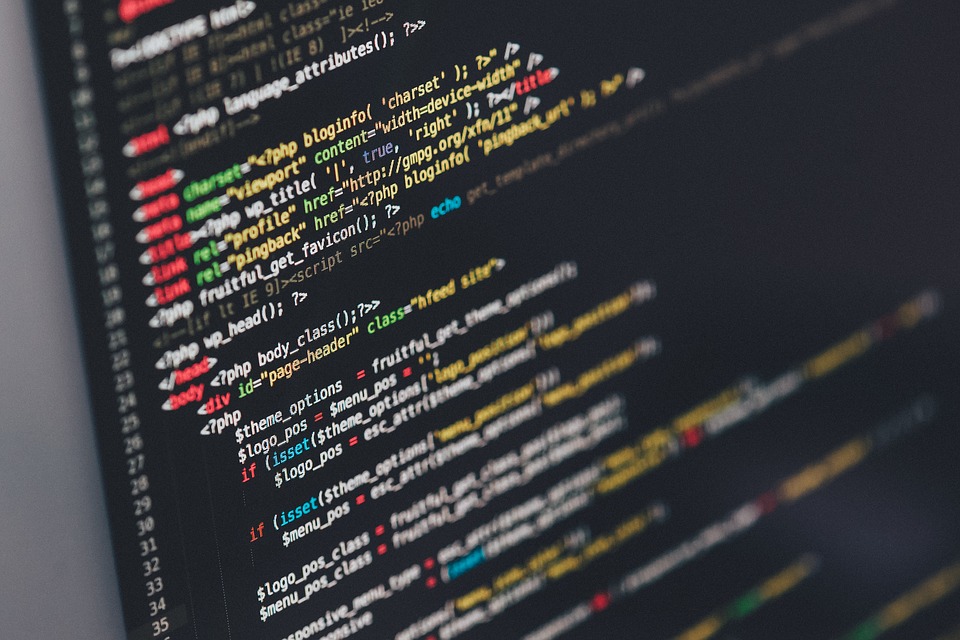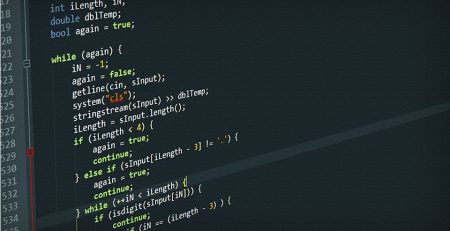Why Clean Code Matters & Tips For Writing Clean Code
The feeling you get when you complete your first ever software project is inexpressible. But wait. Is it enough to write code for functionalities? What about the efficiency of your code? How much time does it take to execute? How much space does it occupy? It all comes down to the quality of code you write. That is why clean code matters and in this article, we will share a handful of tips to help you write a clean code.
Clean code is essential for developing a fast and productive software. Many startups and companies have suffered because of the insurmountable technical debt unclean code brought them.
By term ” clean code”, we mean a code that is understandable by everyone. Writing clean code is simple, only if you follow design patterns, best practices, and tips, right from the beginning. Unfortunately, when casual coding habits are ingrained in mind, they are very hard to break. Therefore, you must read the whole article thoroughly and start following the tips from today, that we are going to share with you.

Why Clean Code Matters
Clarity
Clean code brings clarity to your logic. When you write clean code, you make bug fixing and addition of features easy. In casually written code, sometimes, even the coder himself is unable to find the problem. Like authors add headings, chapters, and paragraphs to tell a clear story, a coder can also do it with his code by following design patterns and best coding practices.
Easy to Test
The cleaner the code, the easier it will be to test. Clean code brings clarity to your code and anyone with programming knowledge can test it. Clean code encourages automated testing of the code. Automated testing is test-driven development which is the most efficient way to improve the quality of your code.
Easy Maintenance
Writing code is easier than reading it – reading code is relatively hard. When you write code that is readable, you optimize for the 90% of the time you read code, rather than 10% of the time you write it. This is a cost-effective strategy rather than writing code as quickly as possible, and later curse yourself for writing an incomprehensible code. It’s easier to make changes or add functionalities into a code that is structured and clear.
Logic
In a clean code, any programmer can understand the logic behind it. In any code, logic serves as the base of every functionality and poor logic can affect the efficiency of your code. One of the traits of a proficient programmer is his logic devising building ability and then converting it into code. Clean code makes the logic behind it understandable for everyone including tester and co-workers.
Cost Saving
The time you spend in coding and testing, is directly proportional to the cost of the project. Building a good product is all about removing the bad stuff from it and keeping only what is good. Similarly, in coding, only add those chunks of code that add value to it, in place of those that increase its complexity. In this way, you can lower the cost of the product and maintenance will be a lot easier than it could have been in case of a casual code.
How To Write A Clean Code
Give Meaningful Names to Variables & Functions
This practice is particularly taught to beginners when they start learning coding. Instead of giving random names to your functions and variables, name them as they make sense for you. In this way, you can write a clean and comprehensible code. Furthermore, this practice will help you to understand the relation between two functions/variables.
Use Comments
Despite giving meaningful name to our variables and functions, still, sometimes they remain ambigious. And we may want to know later which function is for what purpose, or any particular reason for making it public, private or static. In this case, you can use comments ( in any language) to add information in front of a particular chunk of code.
Furthermore, these comments also improve the readability of your code – when every complex line of code is separately explained
Adding comments is a good practice, but too many comments can turn your code into a complete mess. Be brief while writing comments, and use small and appropriate words to explain a particular piece of code. Explaining multiple lines in one comment can minimize the comments in your code, thereby enhancing its readability.
Stick To Your Coding Style
Check different coding styles and then pick one of your choice. Once you start following a standard coding style, you will soon start writing a clear and readable code. Bear in mind, too much deviation from one style to another, will only increase your trouble. Different coding styles follow different coding patterns, therefore, when you have picked one, stick with it at least for a month or two.
If you feel that you are going well with a particular style, and your code is getting better, no need to experiment further. Even if you are inclined to, experiment in separate projects that you do for the sake of practice.
Improve Logic Building
Some programmers feel proud of writing long codes. Remember, the quality of code depends on the logic devised by the programmer, not the length of the code. Try to design a logic that would require minimum coding and work faster. The shorter your code is, the quicker it will be executed.












Leave a Reply